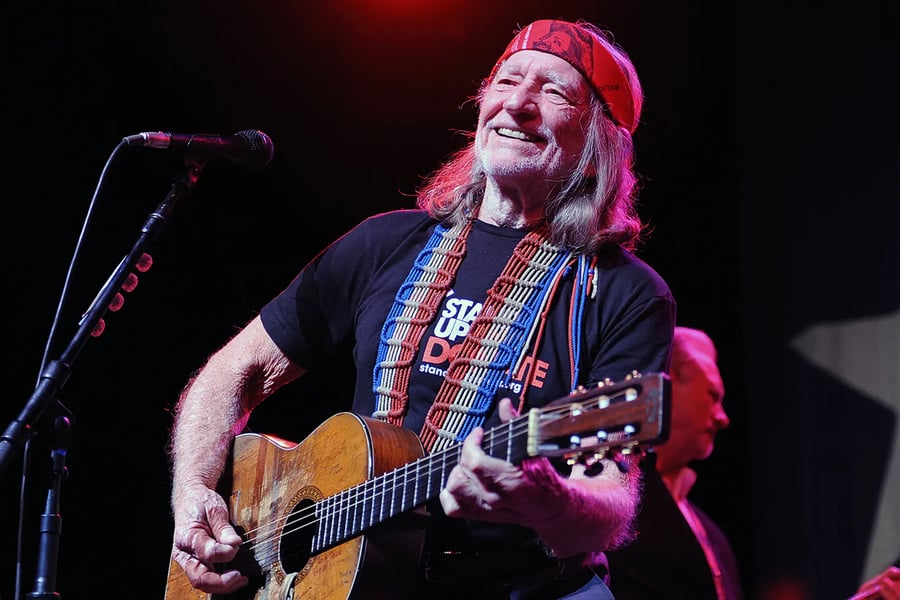The 50 Best Willie Nelson Songs
The country icon is always there to get us through, and here are his essential moments

BOB RIHA, JR./GETTY IMAGES
Willie Nelson songs are essential to the fabric of American music. Whether the Abbott, Texas, native wrote them himself or interpreted the tunes of others with his idiosyncratic singing style, songs like “Crazy,” “Night Life,” “On the Road Again,” “Blue Eyes Crying in the Rain,” and “Georgia on My Mind” are all uniquely Willie. And, remarkably — seven decades into his career — he’s still adding to the country canon, from lighthearted weed anthems like “Roll Me Up and Smoke Me When I Die” to the dissertation on navigating grief “Something You Get Through.”
Now 92, the outlaw-country pioneer continues to tour, record, and release new albums. The most recent, this year’s Oh What a Beautiful World, pays homage to the songwriting of Rodney Crowell and underscores Nelson’s gift as a song stylist. He is, arguably, not only the voice of country music, but of the country itself — a comforting troubadour and north star for a genre and a nation, both of which often stray from the path. But that’s all right. Willie’s there to see us through, even now.
He is Pancho to Haggard’s Lefty. He is Shotgun Willie. He is the Red Headed Stranger. He is Willie Nelson. And these are his 50 essential songs.
CONTRIBUTORS: Joseph Hudak, Michaelangelo Matos, Joe Gross, Stephen L. Betts, Jeff Gage, Brittney McKenna, Marissa R. Moss, Andrew Leahey




















































































